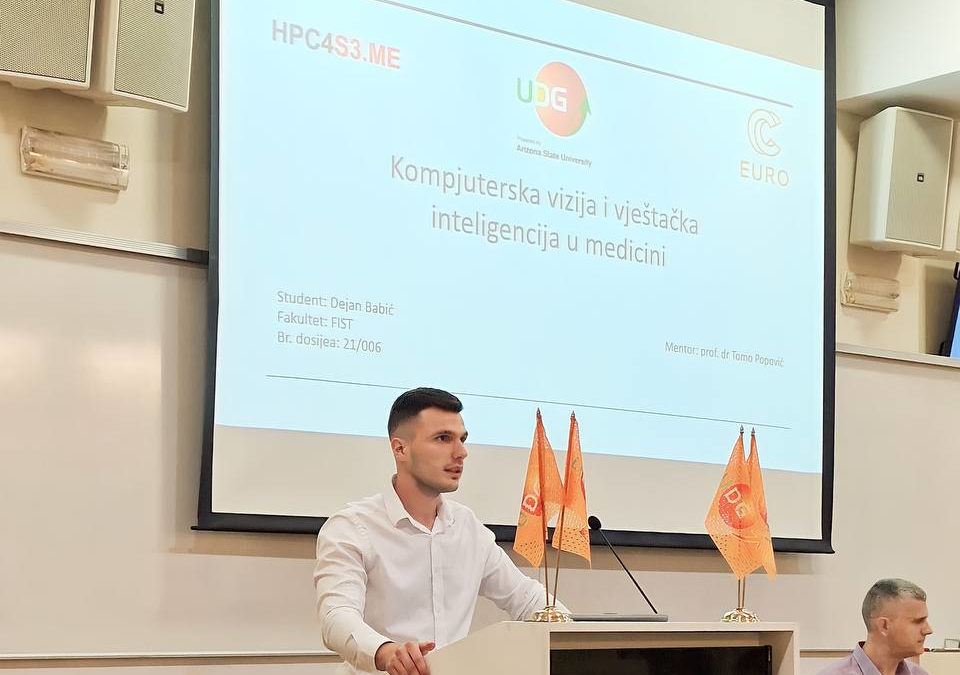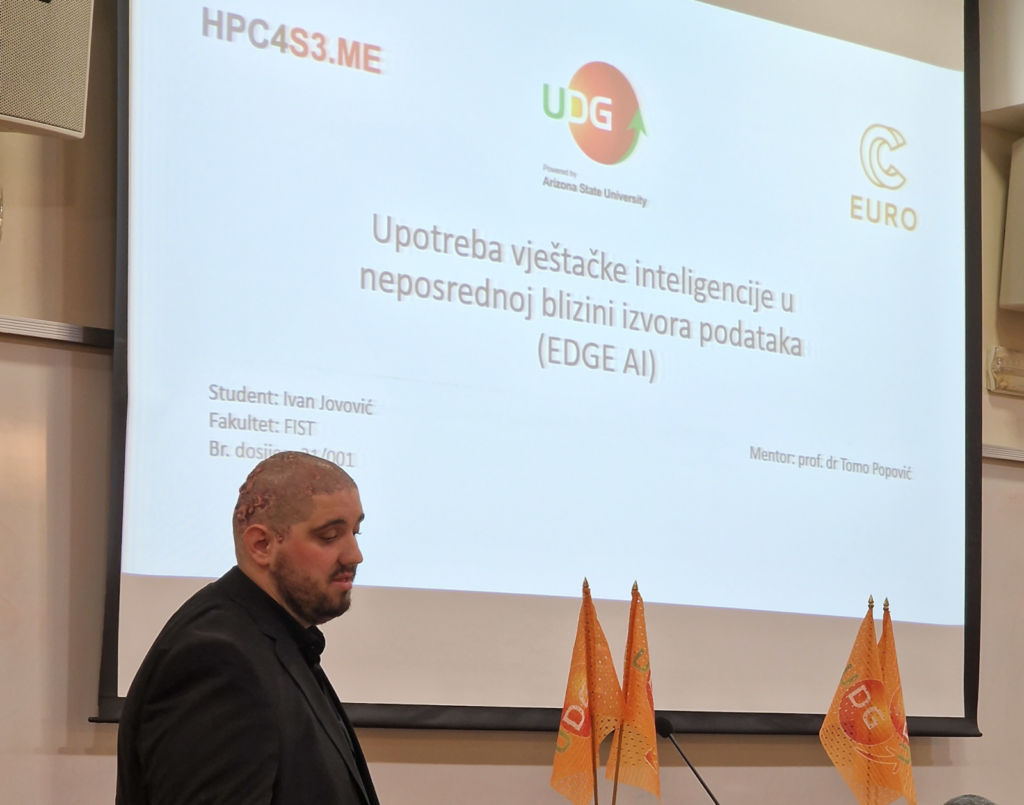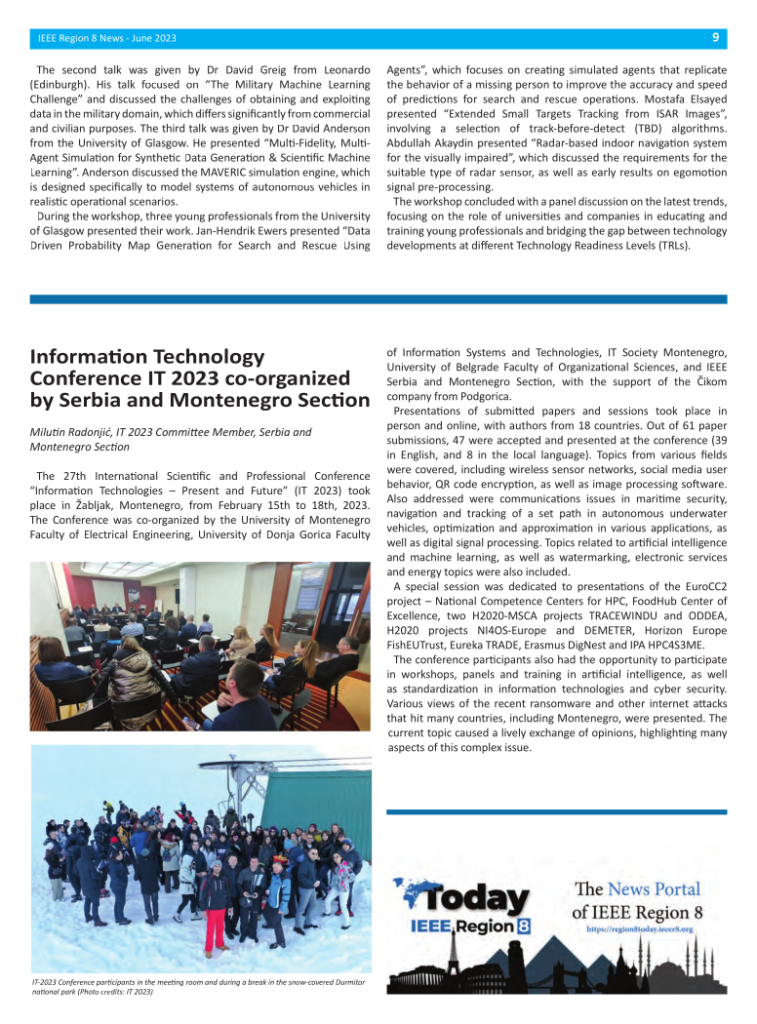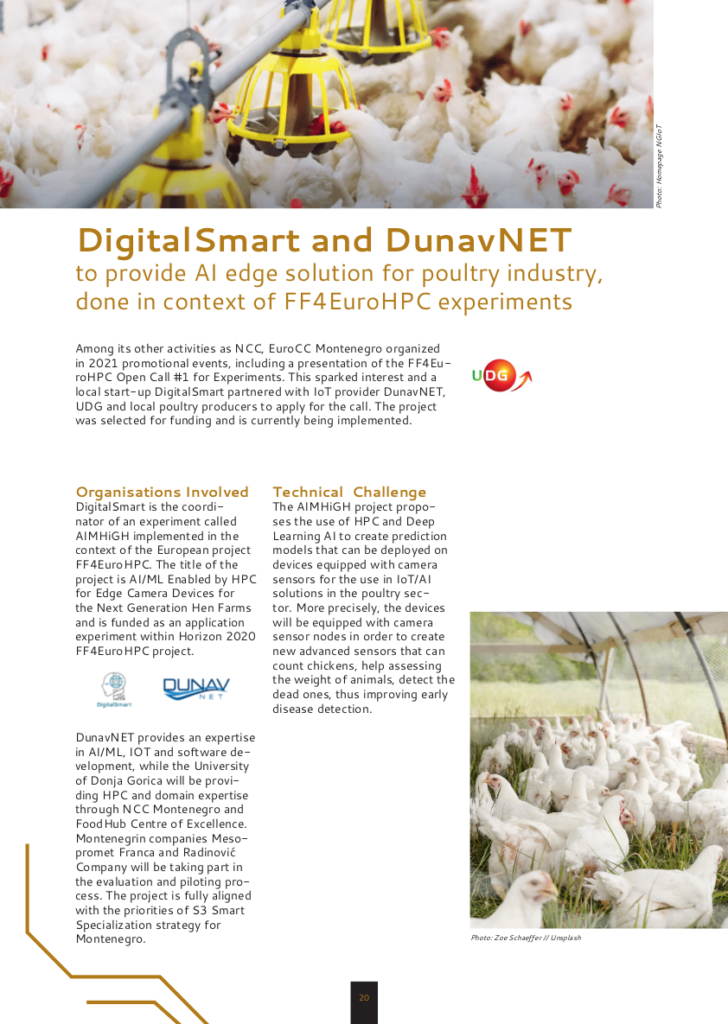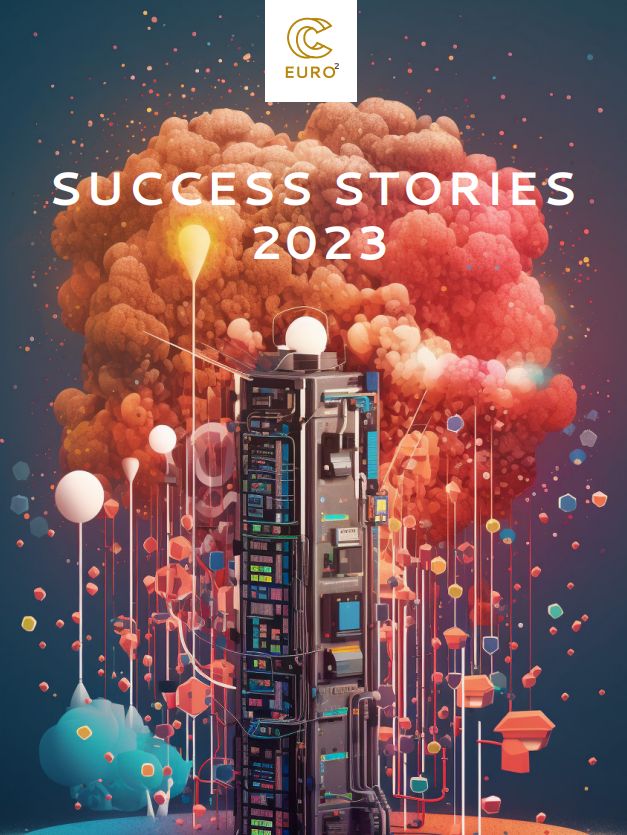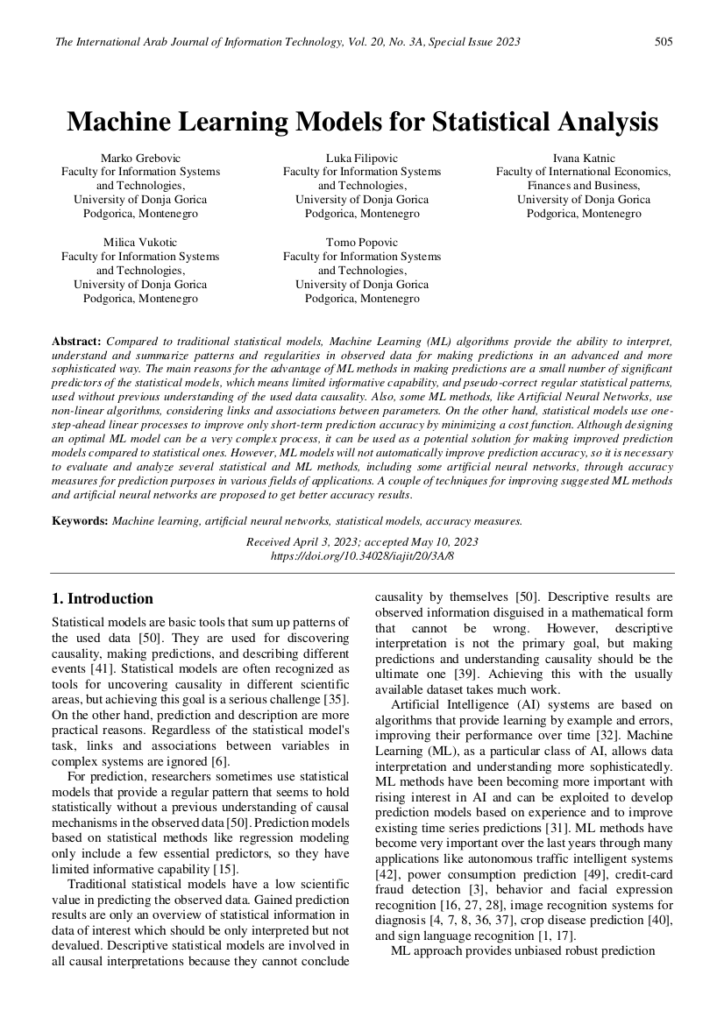Mr Filip Radinovic defended his BSc thesis “A system for analyzing identification documents by leveraging Computer vision and Deep Learning” under co-mentorhsip of mr Stevan Cakic and prof. Tomo Popovic. The thesis focuses on the importance of identity in our digital world and how it impacts the security measures used by organizations. The main goal of the thesis is to use artificial intelligence to verify a person’s identity online. The researchers trained a model using various datasets and images, teaching it to spot even the smallest inconsistencies. The most significant discovery they made is that this model is very accurate, with a precision rate of around 90%. Additionally, the model is very efficient, taking only 3 to 4 seconds to process data, which is much faster than manual methods. Overall, the thesis highlights the potential of using AI for identity verification, making it both precise and time-saving.

ABSTRACT – Identity is one of the most sacred values and currencies in our digital era, affecting the working models of private and public institutions. This causes many strict security measures and protocols with a price of time, which is where this thesis’ goal arises. The approach of the thesis is leveraging artificial intelligence to accomplish identity verification over the web. The model was trained on a myriad of datasets and images, utilizing standard deep learning algorithms. By the end of training, it was able to detect the most subtle inconsistencies, making it quite precise. The biggest research finding is the potential that a model like this holds. Its precision varies around 90%, which is a good number by today’s standards and model’s testing conditions and hardware. The other aspect is time, in which the model excels. From the point when the model receives the data, the processing of it begins and it takes 3 to 4 seconds (on modest hardware). This implies superior efficiency than manual or alternative ways of accomplishing the same goal.





